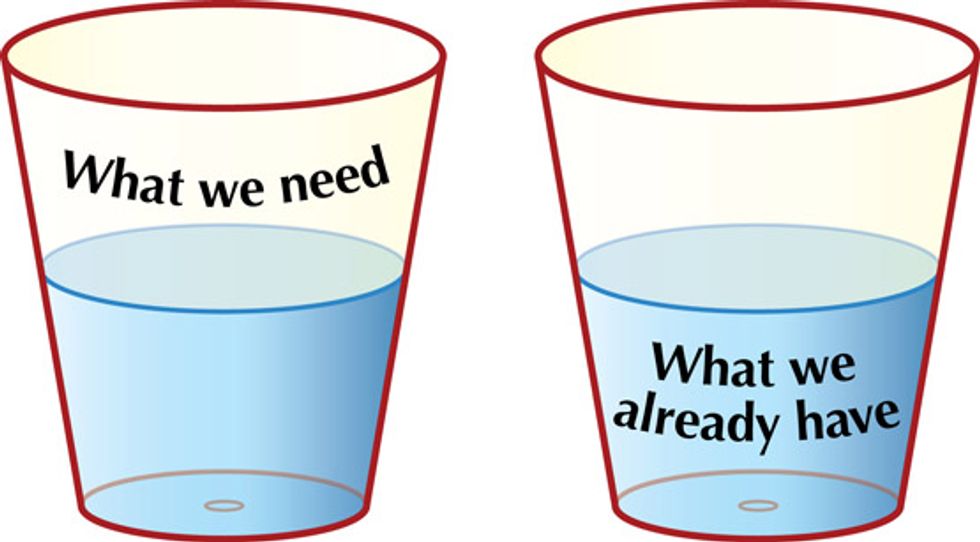Everyone wants to be happy. But how many people feel they are? Martin Seligman, the father of positive psychology, theorizes that 60 percent of our happiness is determined by genetics and environment, while the remaining 40 percent is how we choose to respond.
So the big question is: How should you respond? While the definition of happiness is different for everyone, it's often useful to observe the characteristics of people who are already happy. Here are their 7 traits:
1. They have close relationships.
Loving someone and being loved is essential for happiness. Harvard Researchers discovered that the happiest and healthiest people maintain close, intimate relationships. On the other hand, casual relationships, such as the ones on social media or fake friendships, do not contribute to happiness. That's why it's important to surround yourself with positive people, and feel a sense of belongingness in your community. people, and feel a sense of belongingness in your community.
2. They don't try to pursue happiness.
Research discovers the happiness paradox: the desire to be happy actually makes you less happy.
Why?
3. They are grateful for what they have.
How many things in life do you take for granted? From basic needs like food and water to modern gadgets, practicing gratitude has been proven to make you feel more relaxed, less envious, kinder, and healthier. All of these lead to an overall increase in satisfaction and well-being. The best way to harness these benefits is to keep a gratitude journal, where you write down a number of things you are grateful for each day.
4. They look at the bright side.
Here is one of Winston Churchill’s famous quote: "A pessimist sees the difficulty in every opportunity; an optimist sees the opportunity in every difficulty."
Another difference between optimistic and pessimistic people? Optimists see failure not as the end, but as the beginning of something great. They have a glass half full mindset. Many studies have proven that optimists are physically healthier, less stressed, and live longer.
5. They perform acts of kindness.
Unhappy people are often self-absorbed. Whether it's donating clothes or giving up a seat on the bus to a stranger, happy people treat others with kindness. This is because kindness isn't only contagious, but also fosters positive feelings around. Also, the Journal of Happiness Studies discovered that spending money on other people makes us happier than buying stuff for ourselves. Money can buy happiness indeed.
6. They know how much money it takes to be happy.
There's an assumption that being rich equals to being happy. This is true to a certain extent. A study at Princeton University found that people’s well-being rises with income up to about $75,000 per year.
7. They exercise.
It's widely known that exercise is good for you because it helps you stay in shape and become stronger. But when you exercise, do you know that the brain releases dopamine, serotonin, and other chemicals? These make you feel good and happy. So, one way to combat feeling down is to get off the couch and get moving!

























